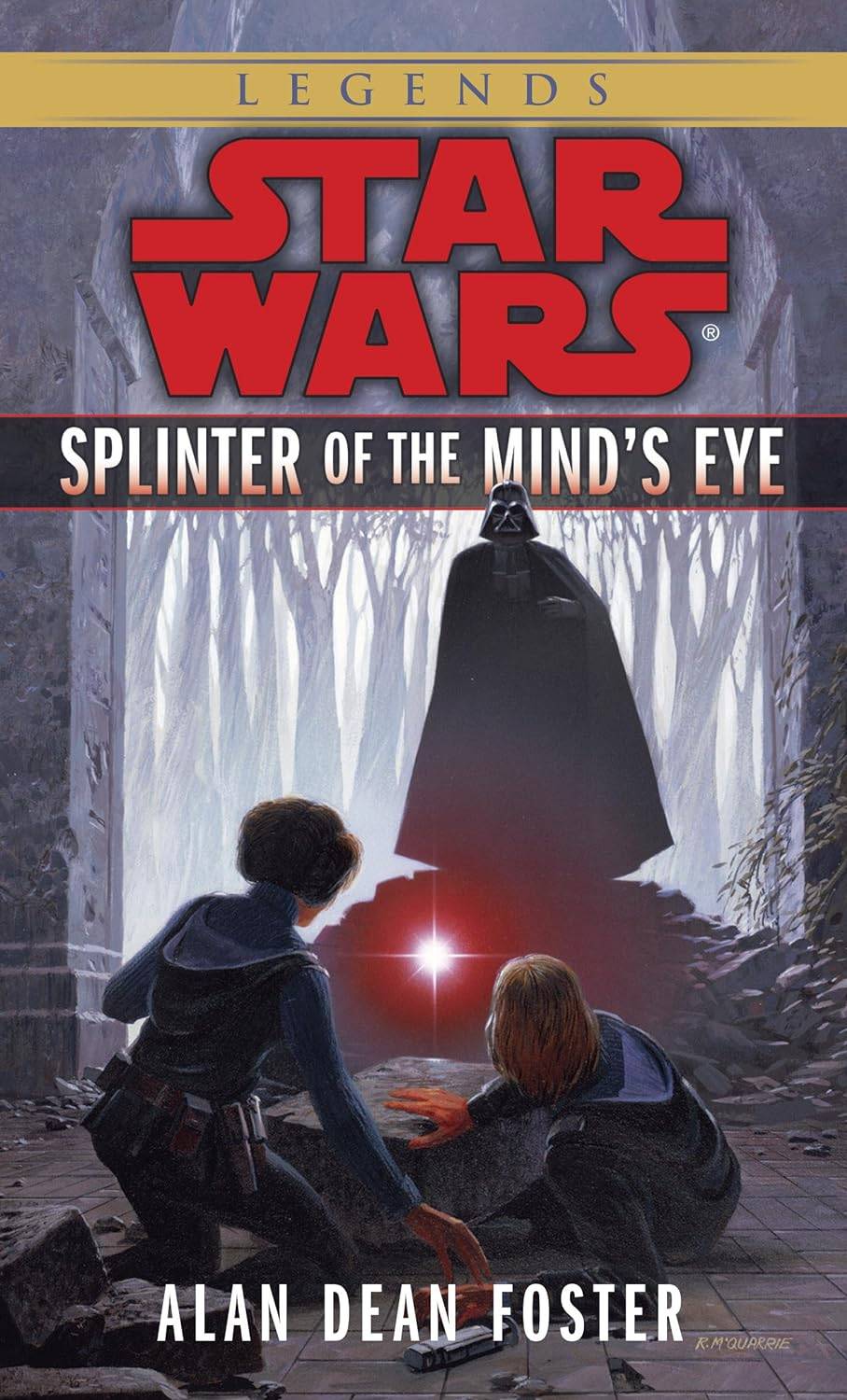The use of artificial intelligence (AI) in game development has sparked significant discussions in recent times, with notable creators like NieR series director Yoko Taro expressing concerns over its potential impact on the industry. In a recent interview at Famitsu, translated by Automaton, a group of acclaimed Japanese game developers, including Yoko Taro, Kotaro Uchikoshi (Zero Escape, AI: The Somnium Files), Kazutaka Kodaka (Danganronpa), and Jiro Ishii (428: Shibuya Scramble), delved into the future of adventure games and the role of AI within it.
Kotaro Uchikoshi voiced worries about the rapid evolution of AI technology, suggesting that AI-generated adventure games could become the norm. He emphasized, however, that current AI struggles to match the "outstanding writing" and "human touch" that human creators bring to their work, which he believes is essential for staying ahead of technological advancements. Yoko Taro echoed these concerns, stating his fear that "game creators may lose their jobs because of AI," and speculated that in 50 years, game creators might be likened to bards.
When discussing the possibility of AI replicating the intricate worlds and narratives of their games, Yoko Taro and Jiro Ishii agreed it was feasible. Kazutaka Kodaka, however, argued that while AI might mimic their styles, it could not truly behave like a creative mind. He likened this to how other writers might craft a scenario in David Lynch's style, yet Lynch himself could alter his style while maintaining its authenticity and uniqueness.
Yoko Taro proposed using AI to generate new scenarios, such as additional routes in adventure games, but Kodaka countered that this approach might dilute the shared experience that games typically offer. The conversation around AI in game development continues to evolve, with major companies like Capcom, Activision, Microsoft, and PlayStation exploring its potential. Nintendo president Shuntaro Furukawa has also commented on the creative possibilities of generative AI, while highlighting concerns regarding intellectual property rights.































